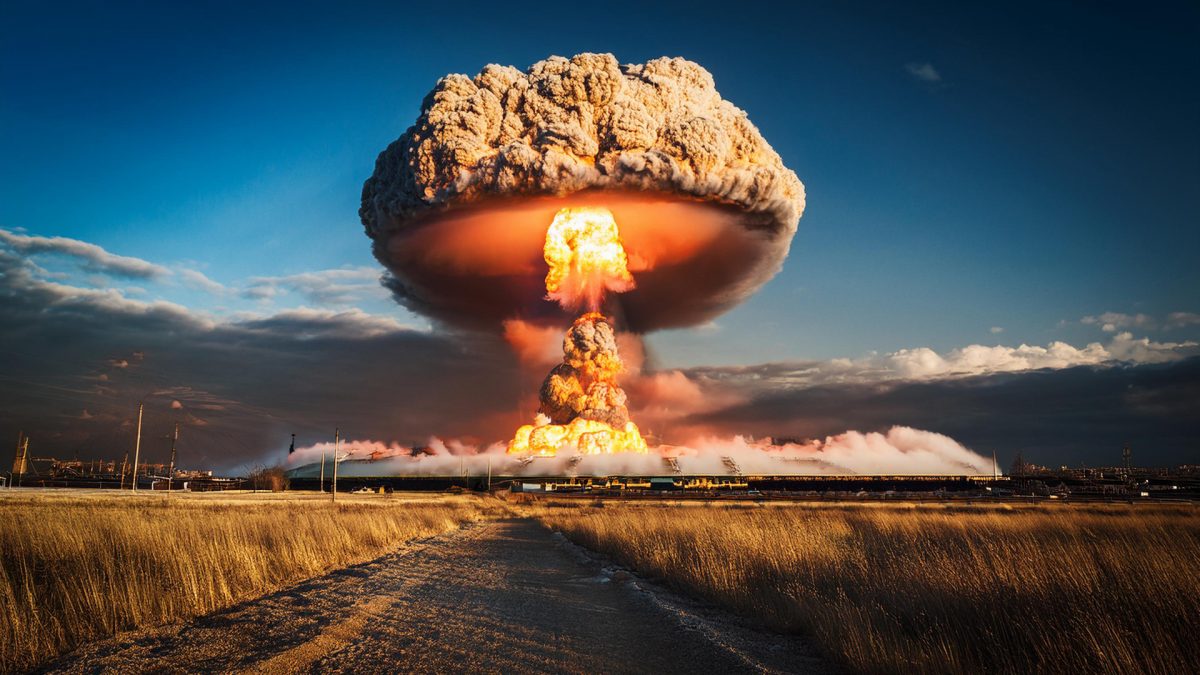European leaders are openly debating how to defend the continent from nuclear threats without US support, reflecting deepening concerns over the future of transatlantic security ties under President Donald Trump.
In a major strategic shift, Friedrich Merz, the frontrunner to become Germany’s next chancellor, said Europe must explore nuclear protection options that do not rely on the United States.
Speaking ahead of Sunday’s (February 23) German federal elections, Merz suggested that Germany should engage Britain and France– the two European nuclear powers– for alternative security guarantees.
“We need to have discussions with both the British and the French– the two European nuclear powers– about whether nuclear sharing, or at least nuclear security from the UK and France, could also apply to us,” Merz said in an interview with German broadcaster ZDF, according to Politico.
“We must prepare for the possibility that Donald Trump will no longer uphold Nato’s mutual defense commitment unconditionally.”
Merz’s remarks mark a dramatic departure from Germany’s traditional position.
The Christian Democrats, Merz’s party, have historically prioritised strong relations with Washington over calls from Paris for greater European “strategic autonomy”.
The comments come as transatlantic relations continue to deteriorate following Trump’s return to the White House last month.
The US president and his administration have maintained a combative stance toward Europe, including Germany and Ukrainian President Volodymyr Zelenskyy. They have also leaned favourably towards Russian President Vladimir Putin.
Impact Shorts
More ShortsAdding to European unease, US Vice President JD Vance this week floated the idea of withdrawing American troops from Germany– a move that would deliver a major blow to European security infrastructure.
British Prime Minister Keir Starmer and French President Emmanuel Macron are expected to travel to Washington next week to urge Trump not to abandon US commitments to Europe and Ukraine.
Europe rethinks nuclear defence
Germany currently hosts US nuclear weapons under Nato’s nuclear sharing arrangement, alongside Italy, the Netherlands, and Belgium.
France previously offered to discuss nuclear cooperation with Germany in 2007, but then-Chancellor Angela Merkel rejected the proposal. Macron revived the idea in 2020, but it failed to gain traction in Berlin.
An Élysée Palace official said Merz’s latest remarks signalled growing support for revisiting the idea. Since the war in Ukraine, we have noticed that interest has only increased, the official said.
Some French officials welcomed Merz’s comments as a turning point. “That a future chancellor, chief of the [Christian Democrats] should say that is a huge thing, I can’t think of any equivalent in the post-World War II era, but it’s commensurate with the shock that the [American] statements have caused,” Politico quoted a French defence official as saying.
“It’s also an opportunity for Europe to take matters into its own hands.”
“This shows both the seriousness of the situation within the alliance and the seriousness with which French and British deterrence is taken,” Jean-Louis Thiériot, a former French deputy defence minister, said.
UK role in European defence
Merz’s comments have also sparked debate in Britain. Senior Labour lawmaker Tan Dhesi, chair of the UK Parliament’s defense committee, said Britain must show leadership.
The UK already extends nuclear protection to Nato allies, including Germany, through its existing commitments. France, however, has a more ambiguous stance, tying its nuclear deterrence to national “vital interests” with a European dimension but stopping short of formal NATO nuclear planning.
The British government has not yet commented on Merz’s remarks. Analysts note that Britain’s nuclear program remains closely integrated with the US, complicating efforts to establish a fully independent European deterrent.


)

)
)
)
)
)
)
)
)



